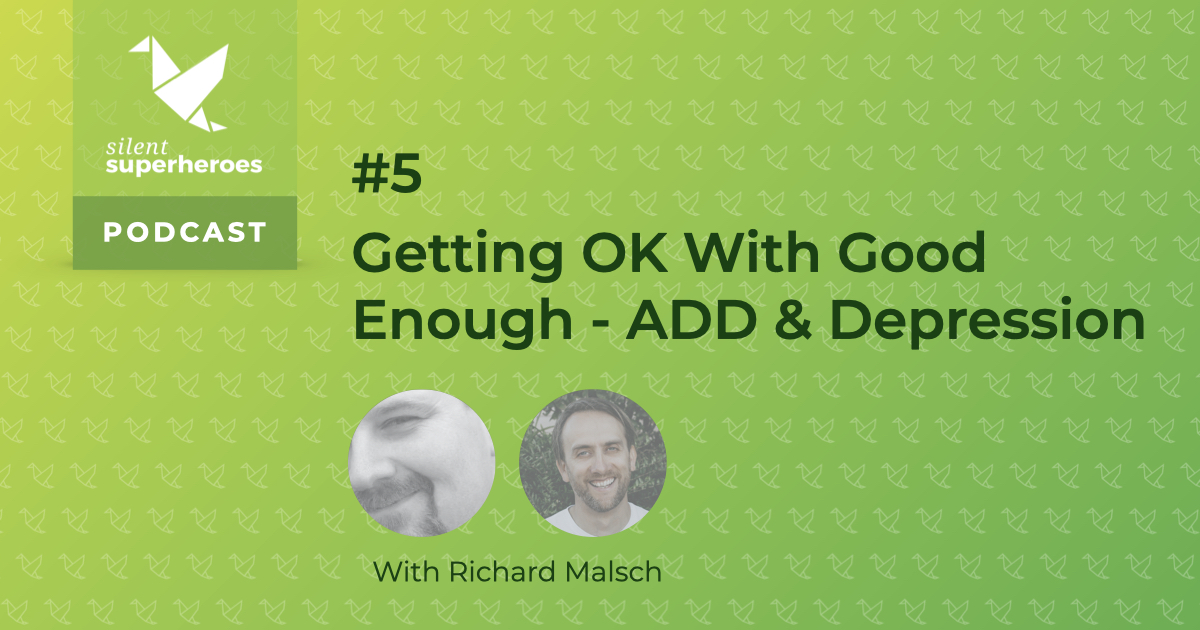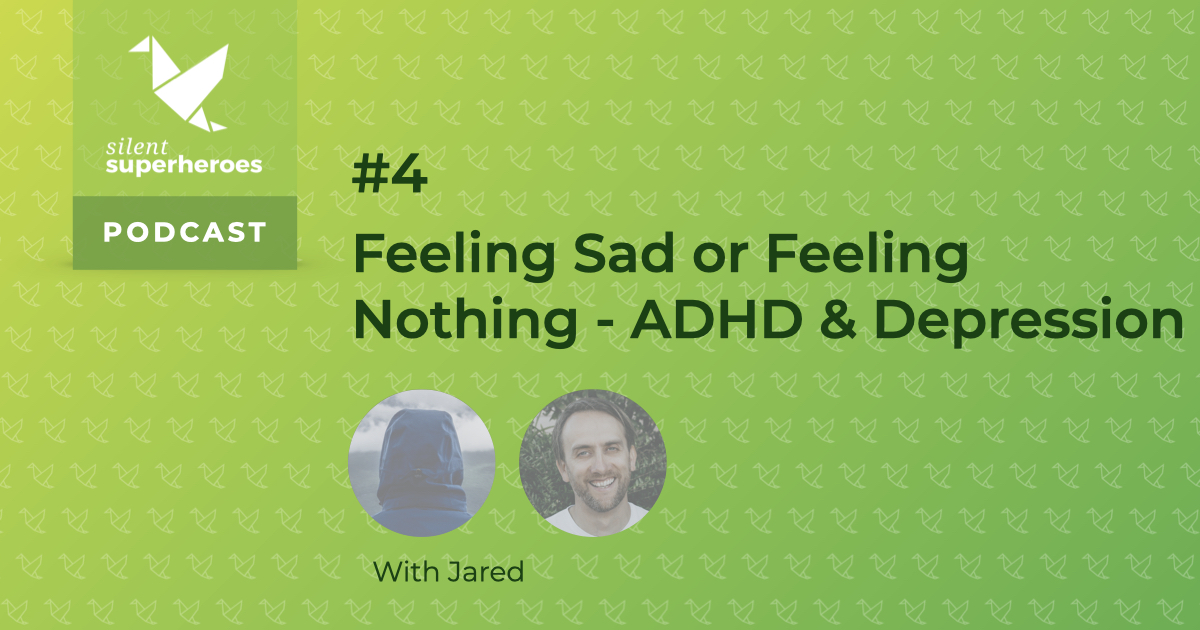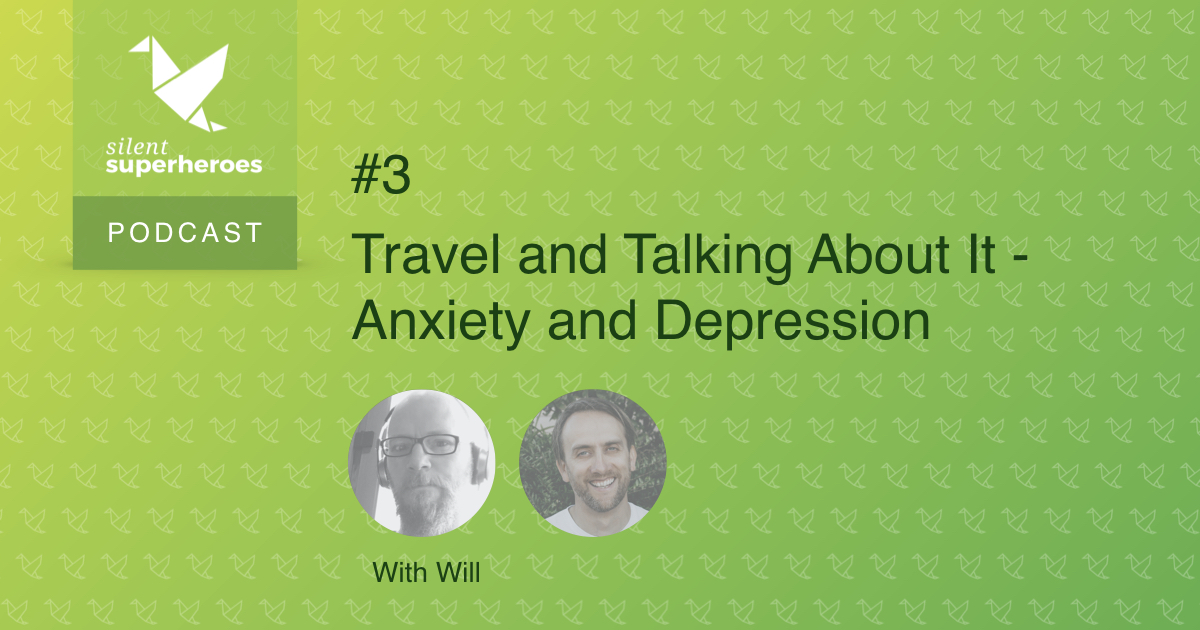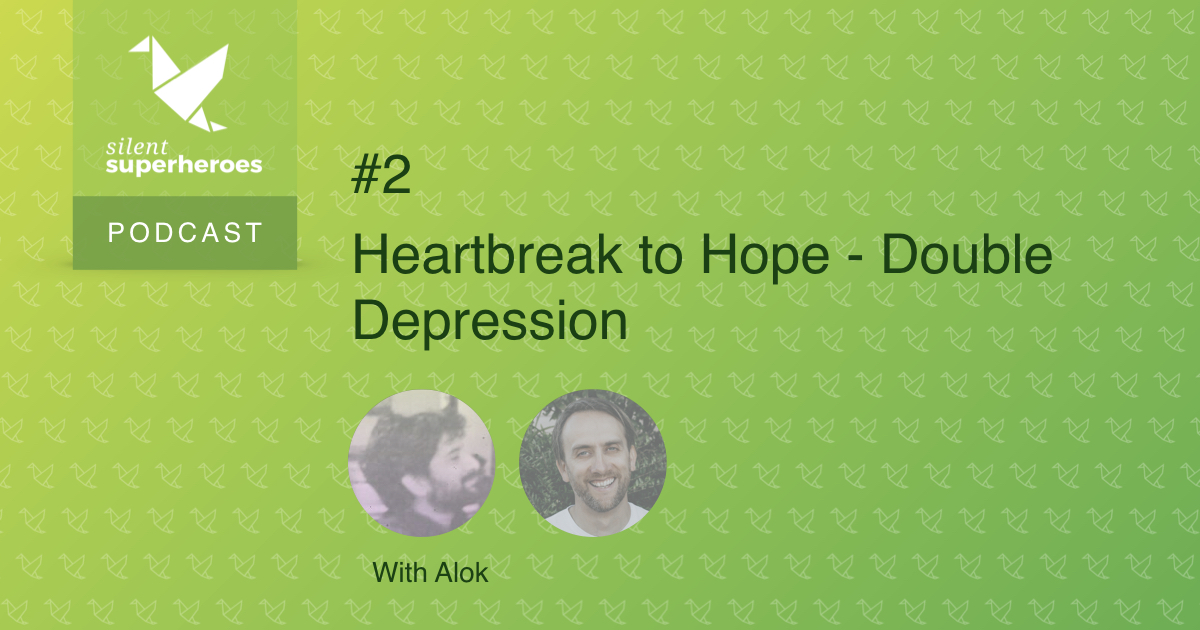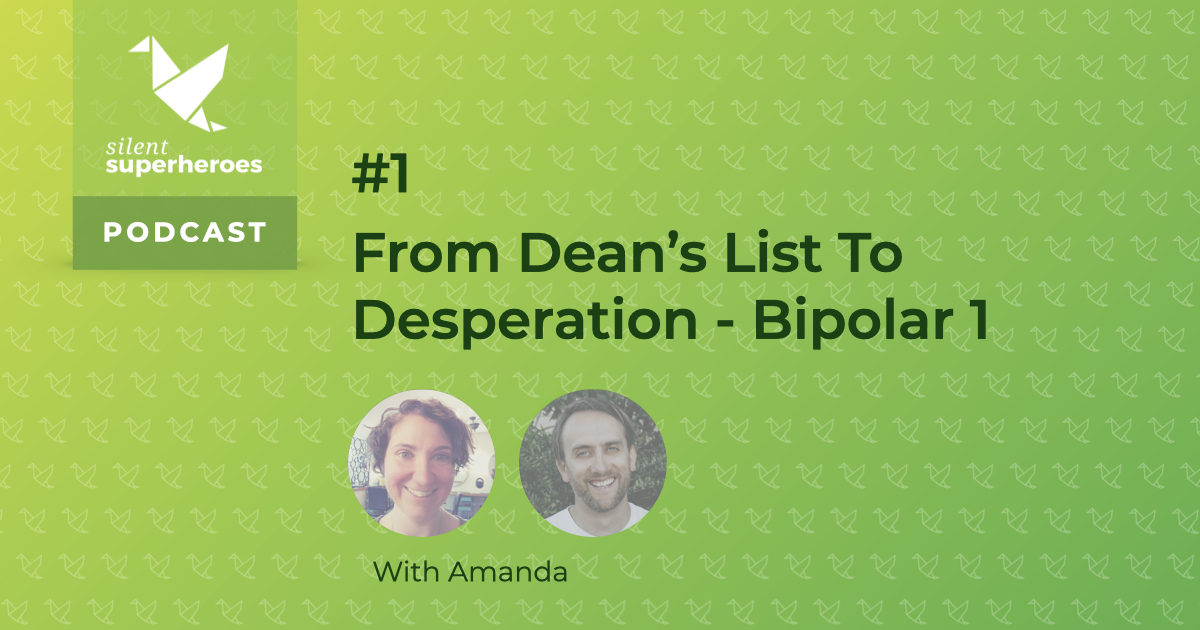Richard is a Program Manager living with ADD and depression. In this episode, Richard walks us through half a lifetime with undiagnosed ADD at work. His journey to diagnosis starts out as the smart kid who could finish his homework in five minutes and ends as an adult taking on too much responsibility to get the rush of feeling valued. As a result of “acing” the lab test for ADD, Richard is on a different journey. The journey to getting OK with being good enough.
Listen To Episode 5
Podcast: Play in new window | Download (Duration: 53:12 — 36.1MB)
Links
- ADHD A Lifelong Struggle (article)
About ADD
Attention-deficit disorder (ADD) is a chronic condition that affects millions of children and often continues into adulthood. ADD includes a combination of persistent problems, such as difficulty sustaining attention, hyperactivity and impulsive behavior.
Children with ADD may also struggle with low self-esteem, troubled relationships and poor performance in school. Symptoms sometimes lessen with age. However, some people never completely outgrow their symptoms and experience ADD at work. But they can learn strategies to be successful.
While treatment won’t cure ADD, it can help a great deal with symptoms. Treatment typically involves medications and behavioral interventions. Early diagnosis and treatment can make a big difference in outcome.
Getting Support
Remember, the people you hear on Silent Superheroes are sharing their opinions about mental health and mental illness. They are not giving advice. For that reason, please consult with your care provider before making a change to your treatment approach.
It’s important to take your mental health seriously. Consequently, if you need to speak to someone you can call 1-800-273-8255, or text crisistextline.org on 741741. Both provide 24×7 confidential counseling to people in the United States. Worldwide visit http://iasp.info/resources/Crisis_Centres/
Because you listened to the podcast, you can help others find it by leaving us a review on iTunes. Or if you don’t use iTunes, leave a review on your favorite podcasting service.


